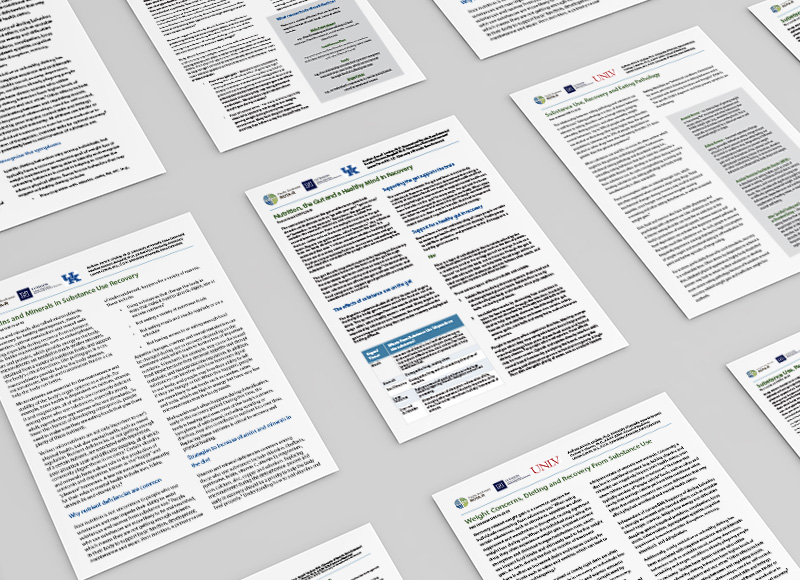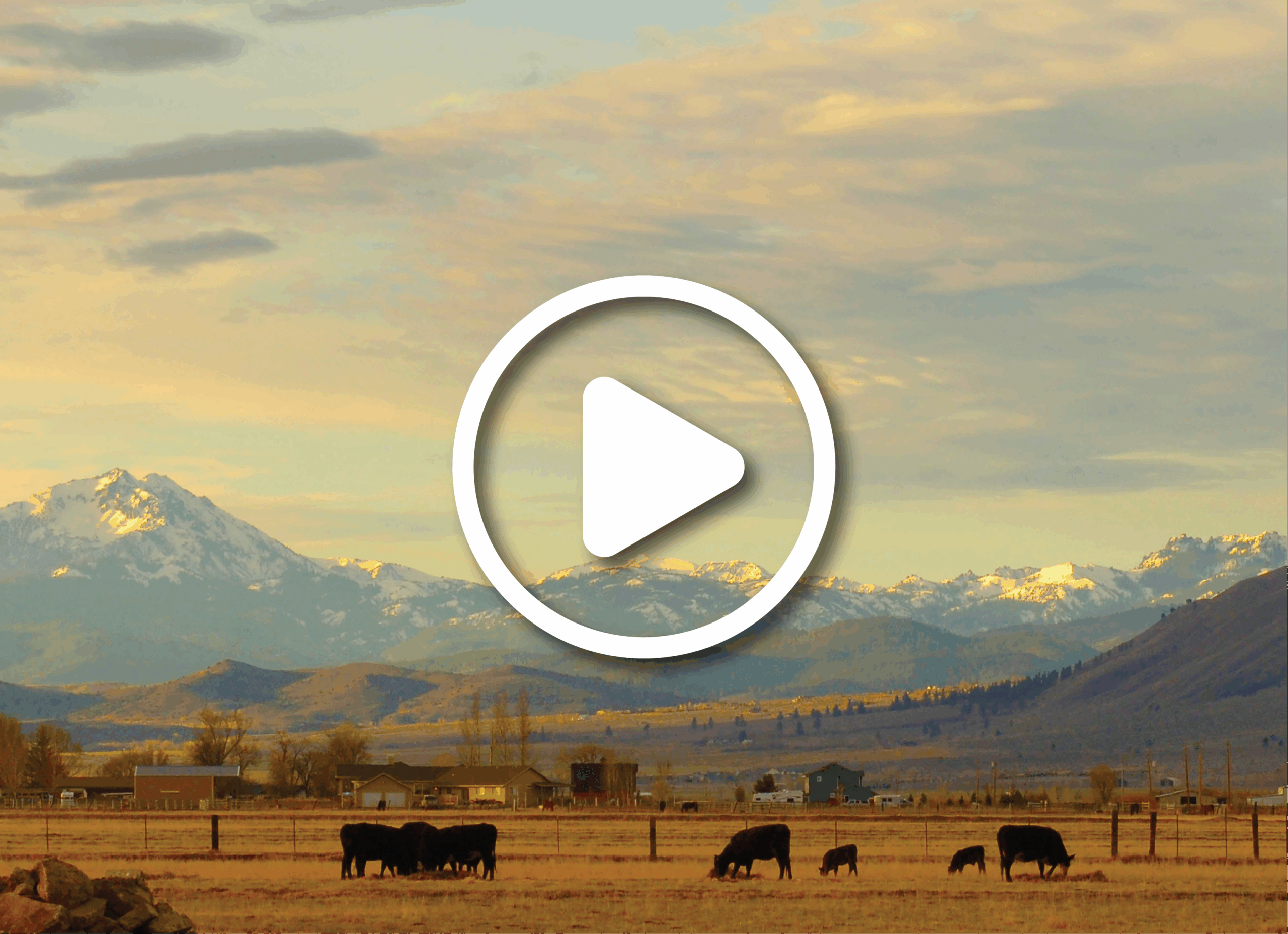
Pacific Southwest ROTA-Regional Center
We would like to extend our heartfelt thanks for your support of the Pacific Southwest Rural Opioid Technical Assistance Regional (ROTA-R) at the University of Nevada, Reno over the past 3 years. As of this posting, our grant funding has concluded on September 29, 2025.
Over the past three years, we’ve been proud to work with and support 43 rural communities across: Arizona, California, Hawaii, Nevada, and the US Affiliated Pacific Islands of American Samoa, Commonwealth of Northern Mariana Islands, Federated States of Micronesia, Guam, Republic of Marshall Islands, and Republic of Palau on a wide variety of education events and products, and training and technical assistance activities.
The PS ROTA-R staff (Nancy Roget, Wendy Woods, Michele Solomon, Trisha Dudkowski, Kaitlyn Renwick and Lauren Williams) remain incredibly grateful to have partnered with: Leah’s Pantry, University of Nevada, Reno Cooperative Extension and HHS Region 9 Pacific Southwest Addiction Technology Transfer Center. Through these partnerships ROTA-R Project completed a wide range of impactful events, initiatives and developed products including:
Needs Assessment Survey
Identifying behavioral health challenges in rural areas
Comprehensive Website
Offering education, training, and a searchable Opioid Treatment Program and Office-Based Opioid Treatment provider resource directory
Evidence-Based Training for
In a wide variety of topics including overdose prevention, substance use disorders, medications for opioid use disorder, nutrition and recovery, substance use stigma reduction and safe/effective messaging
Three Large In-Person Training Events
With participants from all PS ROTA-R service areas represented
Four Enhanced Professional Learning Series
The Online SNAP-Ed Course
The Curriculum Infusion Package (CIP)
We encourage you to continue to support our partners and collaborators:
- Substance Abuse and Mental Health Services Administration (SAMHSA)
- Leah’s Pantry
- Pacific Southwest (Region 9) Addiction Technology Transfer Center (ATTC)
- University of Nevada, Reno, Cooperative Extension
- Pacific Southwest (Region 9) Prevention Technology Transfer Center (PTTC)
- Opioid Response Network
- Center for Rural Health -the University of Arizona
- University of Arizona Cooperative Extension
- Pacific Behavioral Health Collaborating Council
- University of Guam Cooperative Extension
- Guam Behavioral Health and Wellness Center
- University of Hawaii at Manoa SNAP-Ed
- Northern Valley Catholic Social Services
- Nevada Federally Recognized Tribes Extension Program (NVCE) | Mineral County
- Inyo and Mono University of California Cooperative Extension (UCCE)
It has been an honor to serve you in advancing rural behavioral health. We look forward to the possibility of working together again in the future. Should you have any questions or needs, please email us at psrotar@casat.org.
With gratitude,
Pacific Southwest ROTA-R Team


